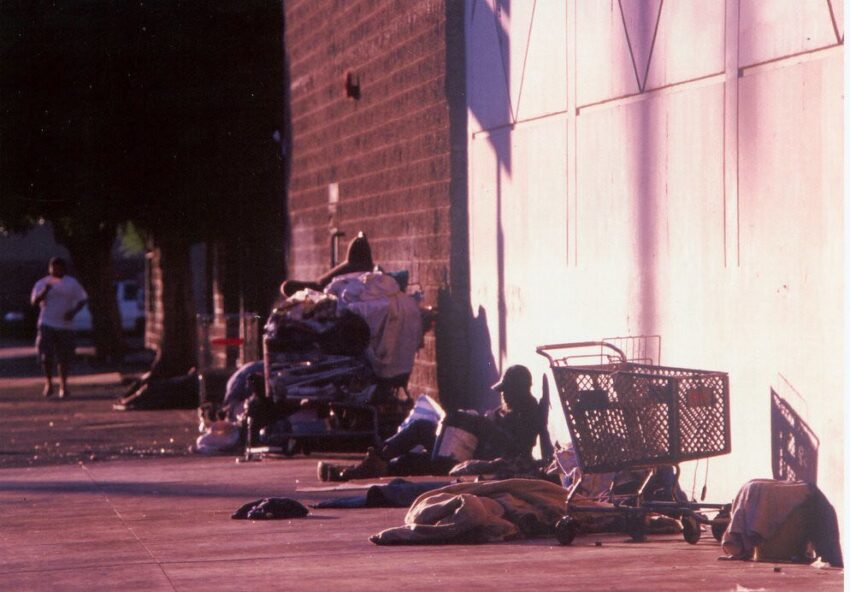Several years ago, I directed a short documentary on the homelessness crisis in San Francisco. As part of my reporting, I visited the Tenderloin neighborhood and was shocked to see Honduran gangs operating an open-air drug market in the middle of the city. The existence of these markets was common knowledge. Reporters, activists, and city leaders would acknowledge them, shrug, and say that nothing could be done.
I found such fatalism appalling. Allowing transnational gangs to sell fentanyl in the streets is a choice. But considering the political realities, the city elites were right. They were not interested in enforcing the law or challenging the orthodoxies of social justice activists, who were fighting to “decarcerate, decriminalize, and depolice.”
President Trump could change the political calculus in lawless enclaves like the Tenderloin, Skid Row in Los Angeles, and Kensington in Philadelphia, which have become magnets for crime and chaos. As the nation debates his immigration policies, the president should focus federal law enforcement on shutting down America’s open-air drug markets. In addition to solving the immediate problem, taking this step would highlight the gang activity associated with illegal immigration and concentrate public attention on the scandal of blue-city governance.
The White House should begin with reconnaissance. As part of my documentary in San Francisco, I filmed from rooftops and captured images of drug sales, crime, and disorder. Federal agents armed with superior equipment could easily gather visual evidence of organized gangs in these cities operating the drug trade. Additionally, analysts could gather crime statistics related to these hotspots and arrest records for foreign criminals. The administration should assemble this information to argue that these cities are enabling the takeover of public spaces by Honduran, Mexican, and other Latin American gangs.
Then, the blitz. Most of these open-air drug markets are concentrated in a small number of city blocks, which could easily be taken by teams of heavily armed federal agents. Rather than conduct an in-and-out immigration raid, the White House should deploy specialized teams for a longer period—say, one month—and use their presence to shame the cities into action. The feds should arrest and deport foreign drug dealers and use their aggressive presence to disrupt the drug trade within designated zones.
Though these actions wouldn’t permanently solve the problem, they could change public opinion and bolster the (accurate) perception that the Trump administration is targeting dangerous criminals. Left-wing activists would doubtlessly protest such a federal intervention, but their underlying position would be untenable: as federal agents take the territory, the White House could saturate the airwaves with video, mugshots, crime reports, and emotional stories about overdose deaths. Voters’ sympathies, currently up for grabs, would gravitate toward law enforcement.
Over the longer term, shutting down the open-air drug markets could demonstrate a proof of concept for cities and states that have, in recent years, given up on enforcing the law. If a focused group of federal agents can clean up the streets, why can’t San Francisco, Los Angeles, or Philadelphia devote a small percentage of their billion-dollar budgets to stopping the chaos and restoring—and maintaining—order?
For years, these cities have claimed that homelessness, crime, and addiction are intractable. They present their fatalism as a concession to reality. The real reason they have failed to solve these problems is not practical, however, but ideological: they have adopted policies designed to cede territory to criminals, in the name of “social justice.”
With a carefully orchestrated street-level and public relations campaign, President Trump could expose the fraud—and force action.
Click this link for the original source of this article.
Author: Christopher F. Rufo
This content is courtesy of, and owned and copyrighted by, https://christopherrufo.com and its author. This content is made available by use of the public RSS feed offered by the host site and is used for educational purposes only. If you are the author or represent the host site and would like this content removed now and in the future, please contact USSANews.com using the email address in the Contact page found in the website menu.









